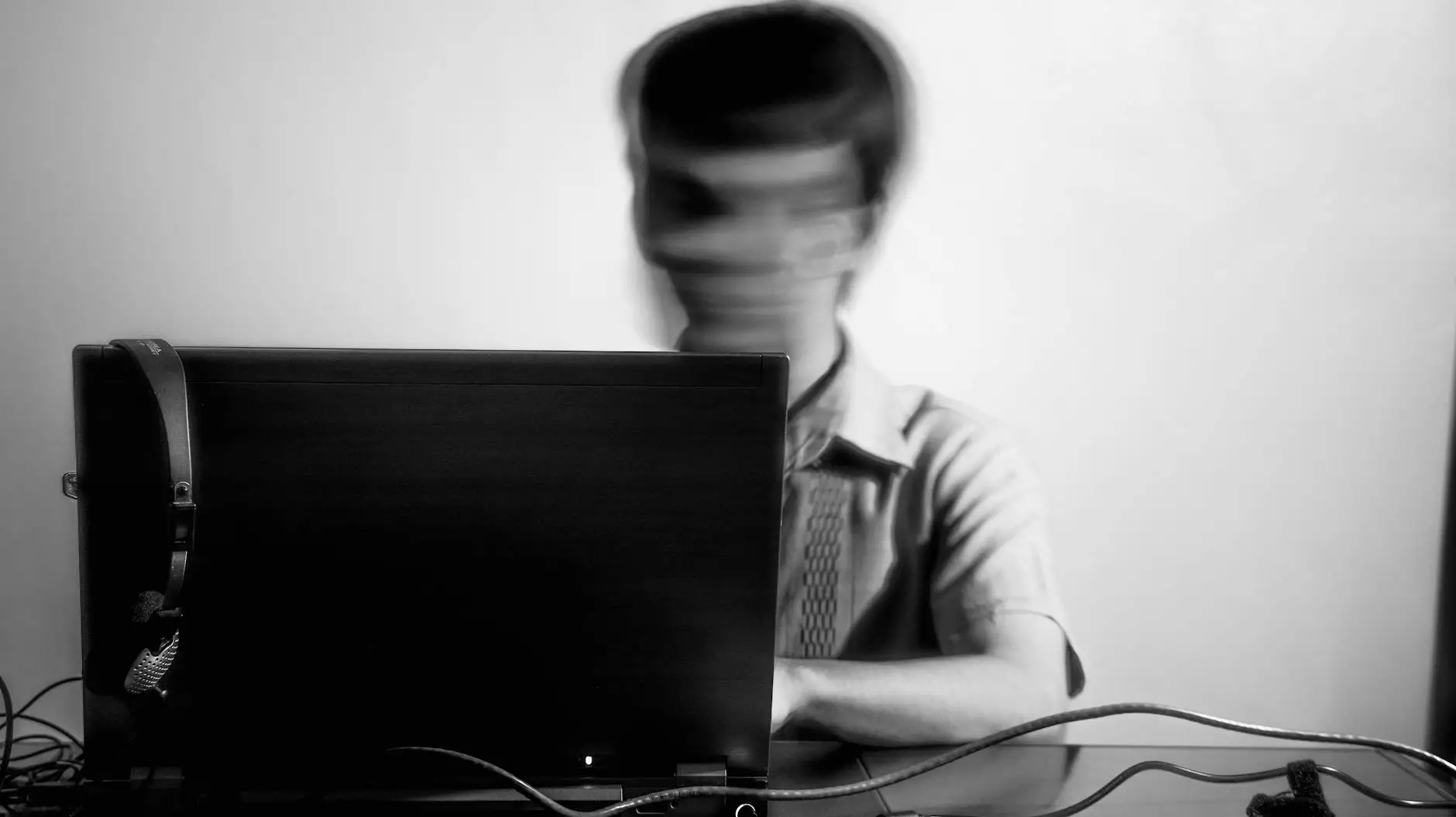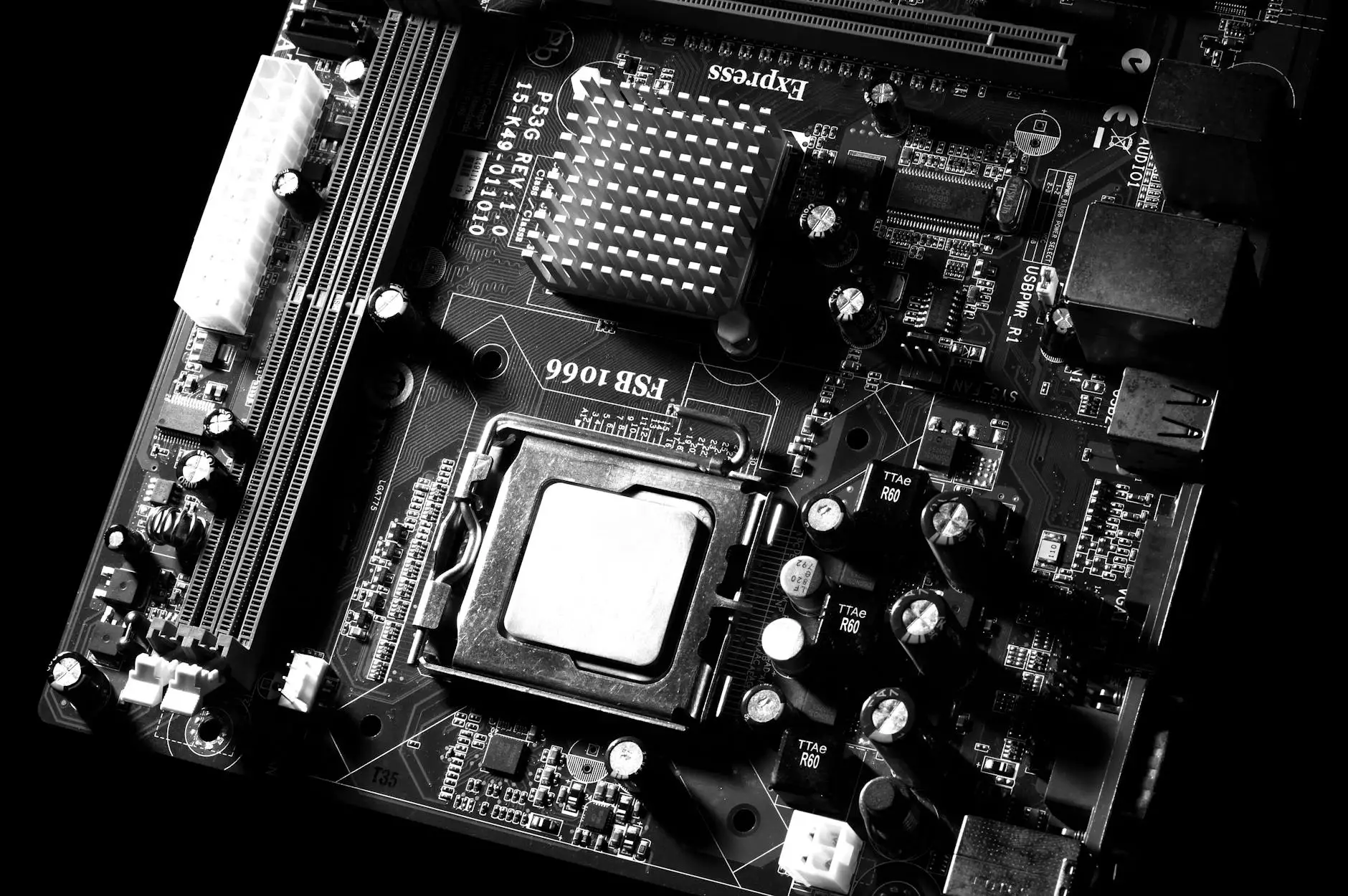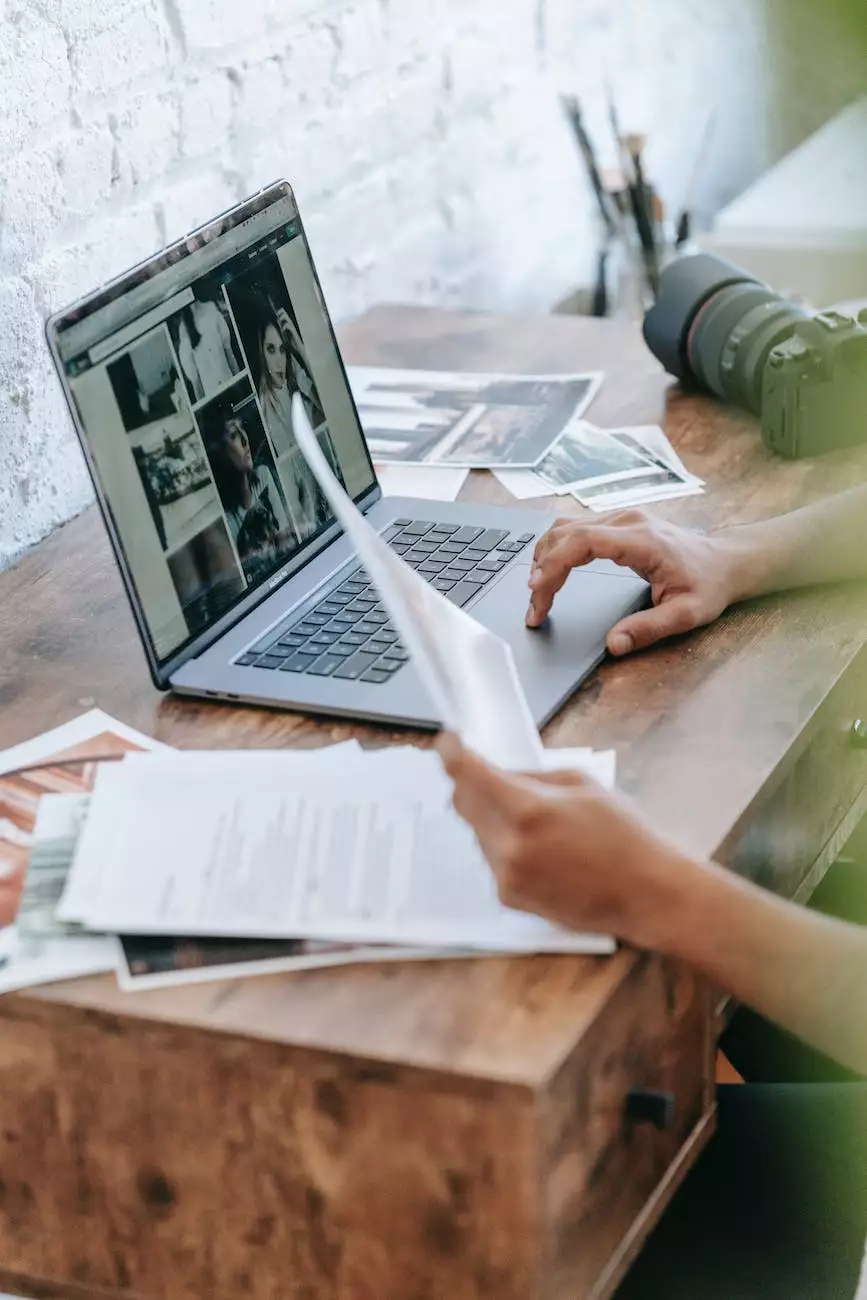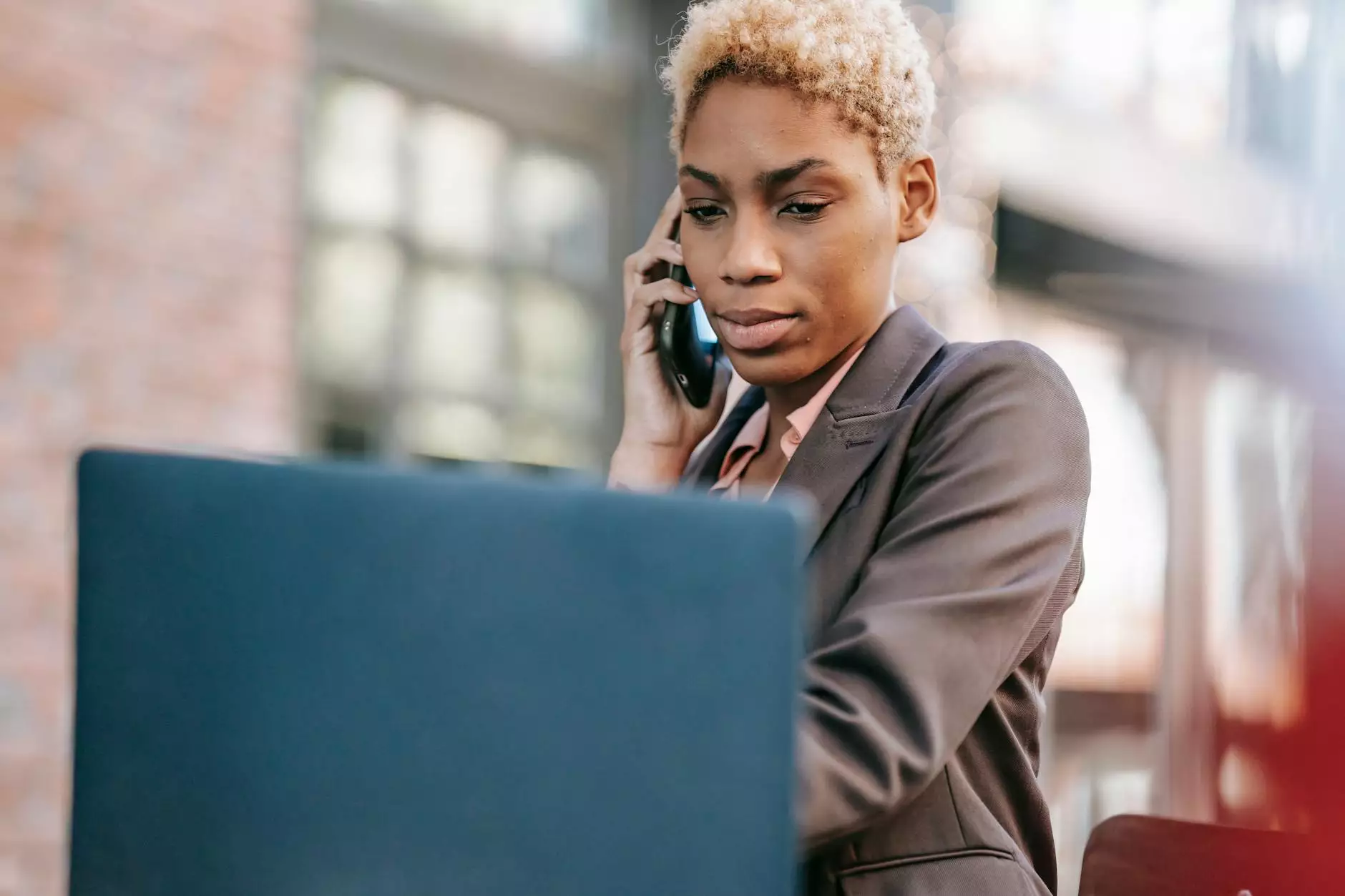Laptop Safety Tips

Welcome to PC Guy On Call, your go-to resource for all things related to computer security in the category of Computers Electronics and Technology. In this comprehensive guide, we will provide you with essential laptop safety tips to help you protect your valuable device and ensure its longevity.
Why Laptop Safety is Crucial
Your laptop serves as a hub for your personal and professional life, containing sensitive information and valuable data. Therefore, it is essential to take proactive measures to safeguard it from potential dangers and threats.
1. Secure Your Laptop with a Strong Password
One of the first steps in ensuring the safety of your laptop is to set up a strong password. Create a unique and complex password consisting of a combination of letters (uppercase and lowercase), numbers, and special characters. Avoid using common passwords or easily guessable information, such as names or birthdates.
2. Keep Your Operating System and Software Up-to-Date
Regularly updating your operating system and software is crucial for maintaining the security of your laptop. Operating system updates often include important security patches and fixes that address vulnerabilities. Additionally, keeping your applications, antivirus software, and firewall up-to-date will prevent potential exploits.
3. Install Reliable Antivirus Software
Protect your laptop from viruses, malware, and other malicious threats by installing reliable antivirus software. Choose a reputable security solution that offers real-time scanning, automatic updates, and frequent system checks. Regularly run antivirus scans to detect and remove any potential threats.
4. Utilize a Firewall
Use a firewall to create a barrier between your laptop and potential unauthorized access from the internet. A firewall monitors inbound and outbound network traffic, actively blocking potentially harmful connections. Enable the built-in firewall or consider using third-party firewall software for enhanced protection.
5. Be Wary of Phishing Attempts
Phishing attempts are deceptive techniques used by cybercriminals to gain access to your personal information. Stay vigilant and avoid clicking on suspicious links or opening attachments from unknown sources. Always verify the authenticity of emails and websites before sharing any sensitive information.
6. Regularly Backup Your Data
Backup your important data on a regular basis to safeguard against accidental loss or theft of your laptop. Use external hard drives, cloud storage, or reliable backup software to create multiple copies of your crucial files and documents. In the event of a hardware failure or data breach, you can restore your data from the backups.
7. Avoid Public Wi-Fi Networks
Public Wi-Fi networks can be a breeding ground for hackers and cybercriminals. Avoid connecting to unsecured or unknown Wi-Fi networks, especially when accessing sensitive information or conducting online transactions. Use a virtual private network (VPN) to encrypt your internet connection and protect your data.
8. Physically Secure Your Laptop
Protect your laptop from physical theft by always keeping it in sight when in public places. When not in use, store it in a secure bag or locker. Consider using a laptop lock to secure it to a fixed object when working in shared spaces. Additionally, avoid leaving your laptop unattended in a vehicle where it may be easily visible and targeted by thieves.
9. Be Cautious of Wi-Fi & Bluetooth Vulnerabilities
Ensure the safety of your laptop's wireless connections by disabling unnecessary Wi-Fi and Bluetooth functionalities when not in use. Leaving these features enabled can expose your device to potential vulnerabilities. When connecting to Wi-Fi networks, ensure they are secure and password-protected.
10. Educate Yourself About Laptop Security Best Practices
Stay updated on the latest laptop security best practices by regularly educating yourself about potential threats and recommended safety measures. Follow reputable online security resources, read informative articles, and stay informed about emerging cybersecurity trends. A well-informed user is better equipped to protect their laptop effectively.
Conclusion
In conclusion, prioritizing laptop safety is essential to protect your valuable device and personal information from potential threats. By following these laptop safety tips from PC Guy On Call, you can significantly reduce the risk of cyberattacks, data breaches, and other security-related incidents. Stay proactive, stay informed, and safeguard your laptop against the ever-evolving landscape of cyber threats.









